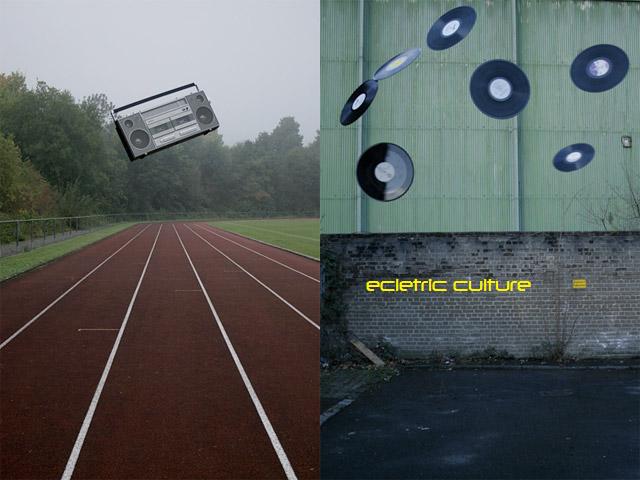 David Mamet is a mature, complex director who sought himself by embodying his different facets in films of various types. Redbelt looks like a compendium of Mamet’s styles and perceptions, mingling a somehow linear plotline with deep views on what the world nowadays means for a person with deep unswerving values.
David Mamet is a mature, complex director who sought himself by embodying his different facets in films of various types. Redbelt looks like a compendium of Mamet’s styles and perceptions, mingling a somehow linear plotline with deep views on what the world nowadays means for a person with deep unswerving values. The plot has a martial arts background, without sketching out a conventional fight film. Not contradicting the director’s creed that a film has consistency when it emphasizes ideas and not characters, Redbelt is not about Mike Terry (Chiwetel Ejiofor), but about the choices that one makes when obliged to attain balance between his idealistic beliefs and the rough materialistic reality.
Mike Terry is a jujitsu master who owns a dojo in Los Angeles. He has always stayed out of the prizefighting work, deeming that "competition is weakening." Unlike many other martial arts practitioners, he strives to keep the quintessence of the real old Japanese philosophy alive and to convey these pure values to his students; a relatively classical frame for a fight movie.
One evening, after a prolonged jujitsu class, Mike and Joe (Max Martini), one of his students, find themselves in the dojo. At some point a woman (Emily Mortimer) comes in, explaining to Mike that she crashed into his parked car bending it, so she wants to pay the damage. A misunderstanding makes her take Joe’s gun and discharge it. This leads to new complications. The protagonist doesn’t have money to replace the window broken by the bullet, so his wife, Sondra (Alice Braga), asks her brother Bruno (Rodrigo Santoro) for a loan. They arrive in Bruno’s bar, where Terry saves the movie star Chet Frank (played by Tim Allen) from a beating in a bar. This is a turning point in the plot, as Chet invites Mike and his wife to dinner, with the apparent purpose of making amends for helping him. On this occasion, Mike is offered the opportunity to co-produce his Desert Storm picture, contributing to fight choreography.

"Everything has a force. Embrace it or deflect it. Why oppose it?" he says.
Chiwetel Ejiofor embodies an ideal, a “messianic” figure. He’s “too pure to compete, too pure to make money “, as his wife tells him. With this role, the British actor confirms what he has already proven with his former films: you don’t need to go to and fro in search for glory, as stillness has the force to bring it too. But Ejiofor’s performance and the director’s way of shooting are not the only rattling elements about this film. The lifelike cinematography made by Robert Elswit (“There Will Be Blood”) is also lofty, and the soundtrack makes us feel like we are watching an old samurai movie. And speaking of performances, I have to mention the usual suspects from David Mamet’s universe, Joe Mantegna, Ricky Jay, Rebecca Pidgeon, who are sublime in delivering the dialogues from the master.
Mamet’s message gets through by means of fluidity of events and the subtlety-carrying dialogue. His work on this film also demonstrate his passion for jujitsu.
Although the topic might seem stereotypical and overrated, Mamet gave it the flavor of a story strained with deep meanings. Fight scenes are not emphasized, as they only outline the world where all these take place, the world which determines the main character’s inner uproar. They are choreographed by Renato Magno, a 4th degree black belt in Brazilian JuJitsu. Mamet filled this word with a simple person’s path through the labyrinthine world of compromises, cheating, deception and materialism. The dialogues are not bedizened with big words, but compressed into several intense sentences, like “There’s always an escape” and “A man distracted is a man defeated.”
Redbelt is a well crafted film, made by one of the most talented writers of our time.
Little kisses, hugs and many klowns




Sem comentários:
Enviar um comentário